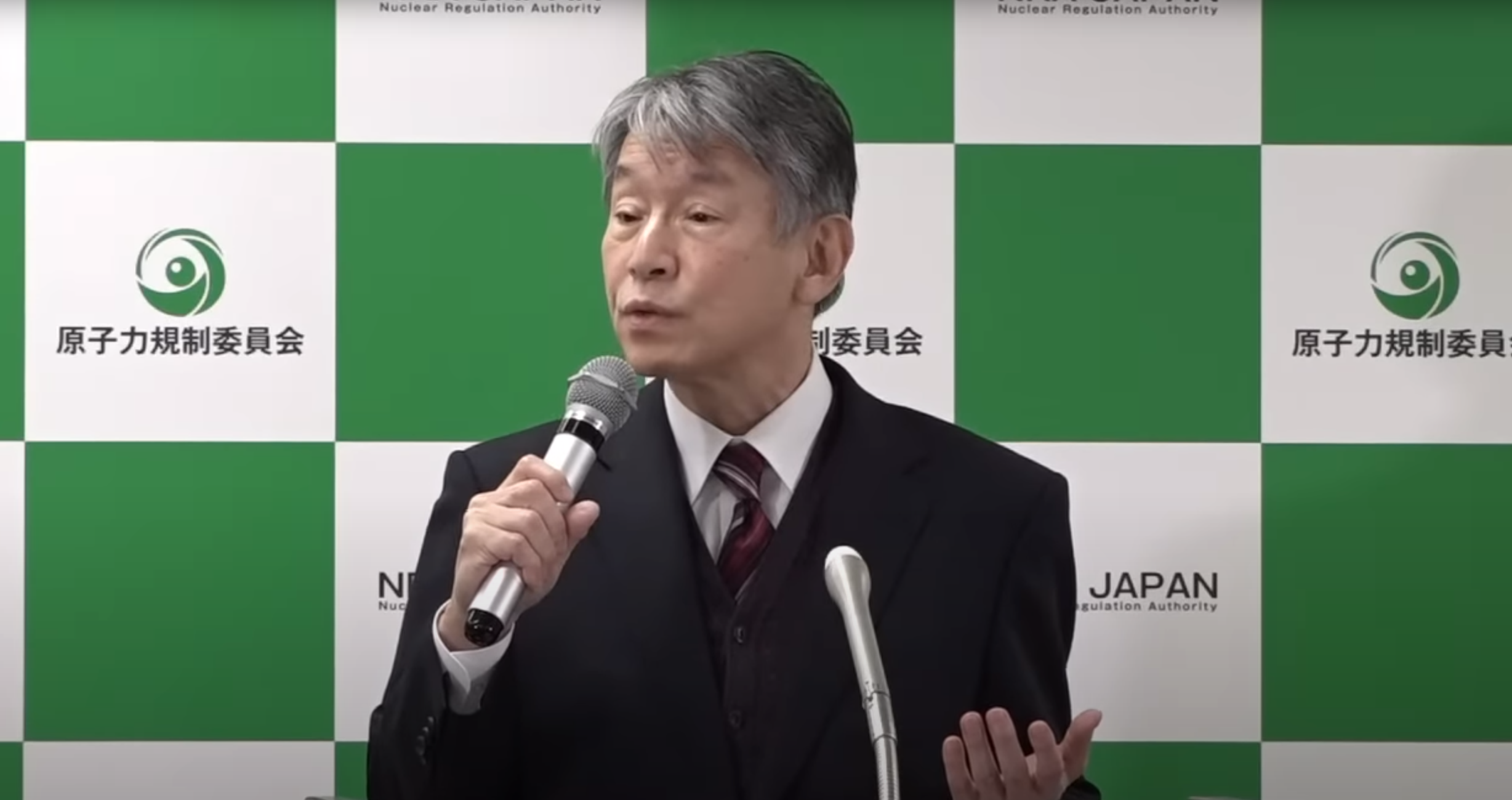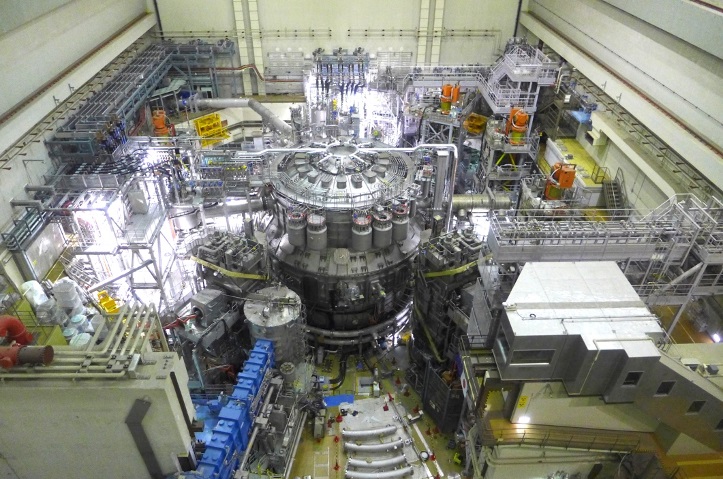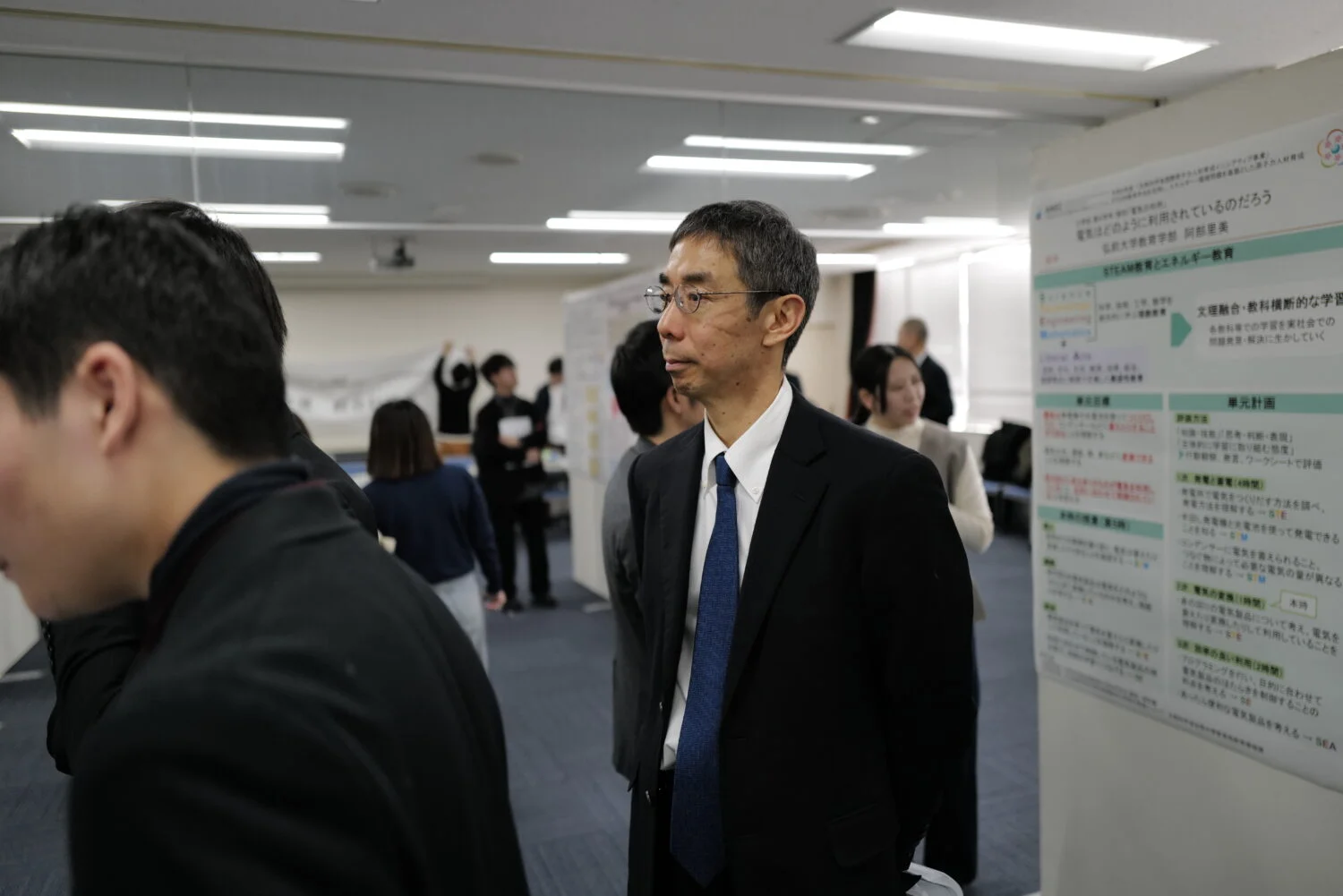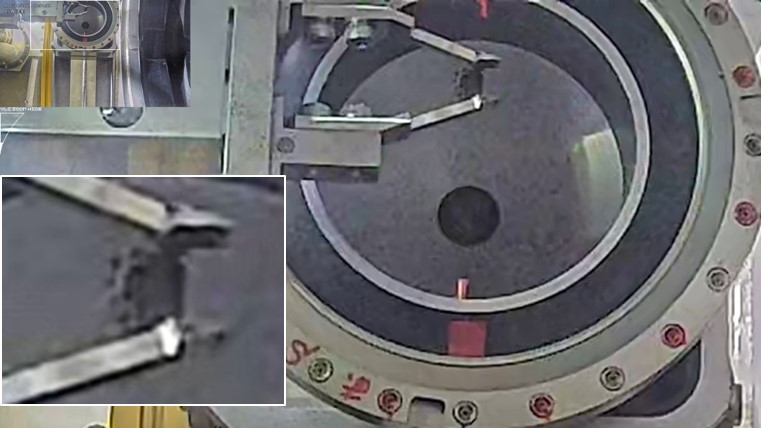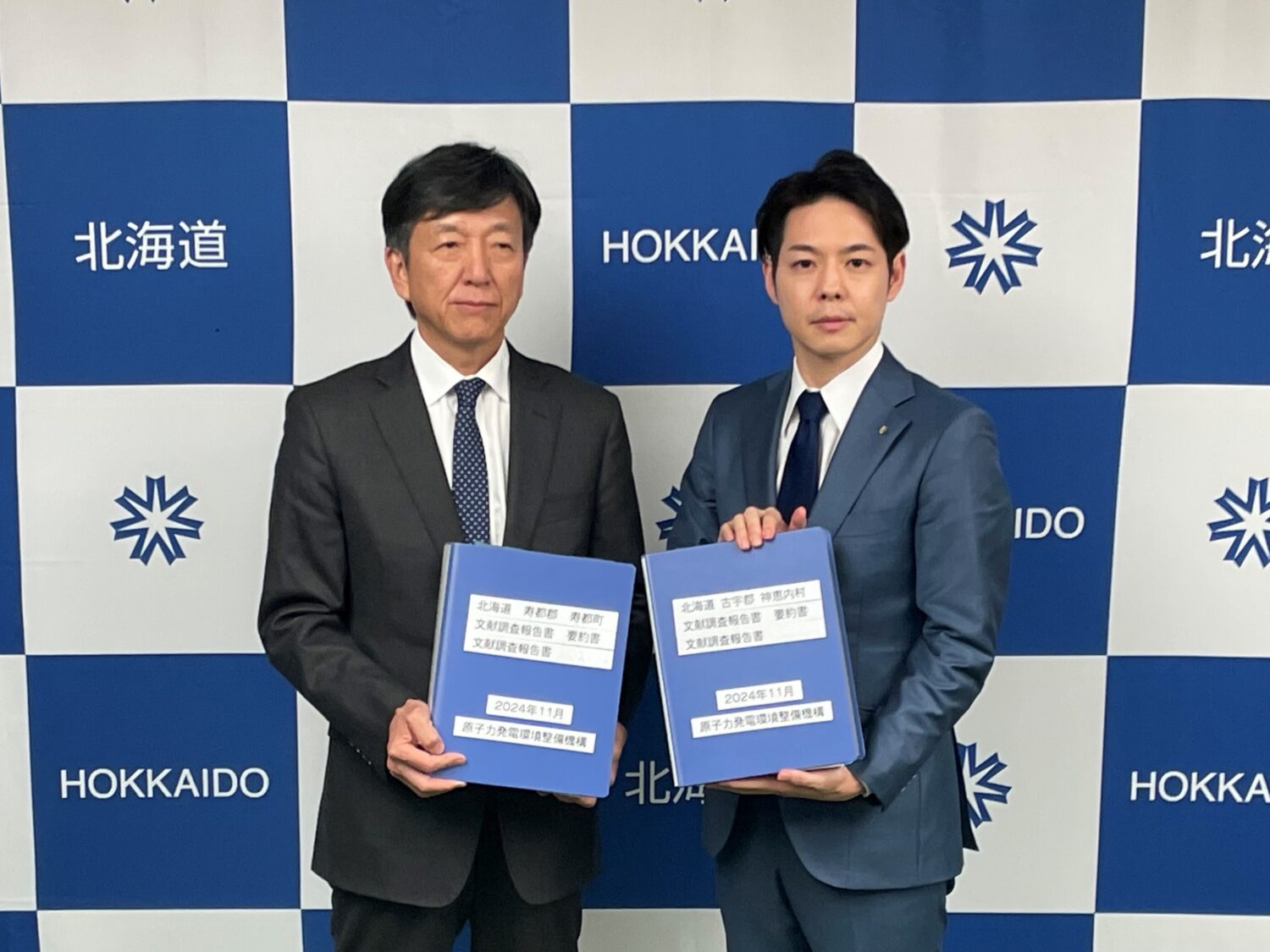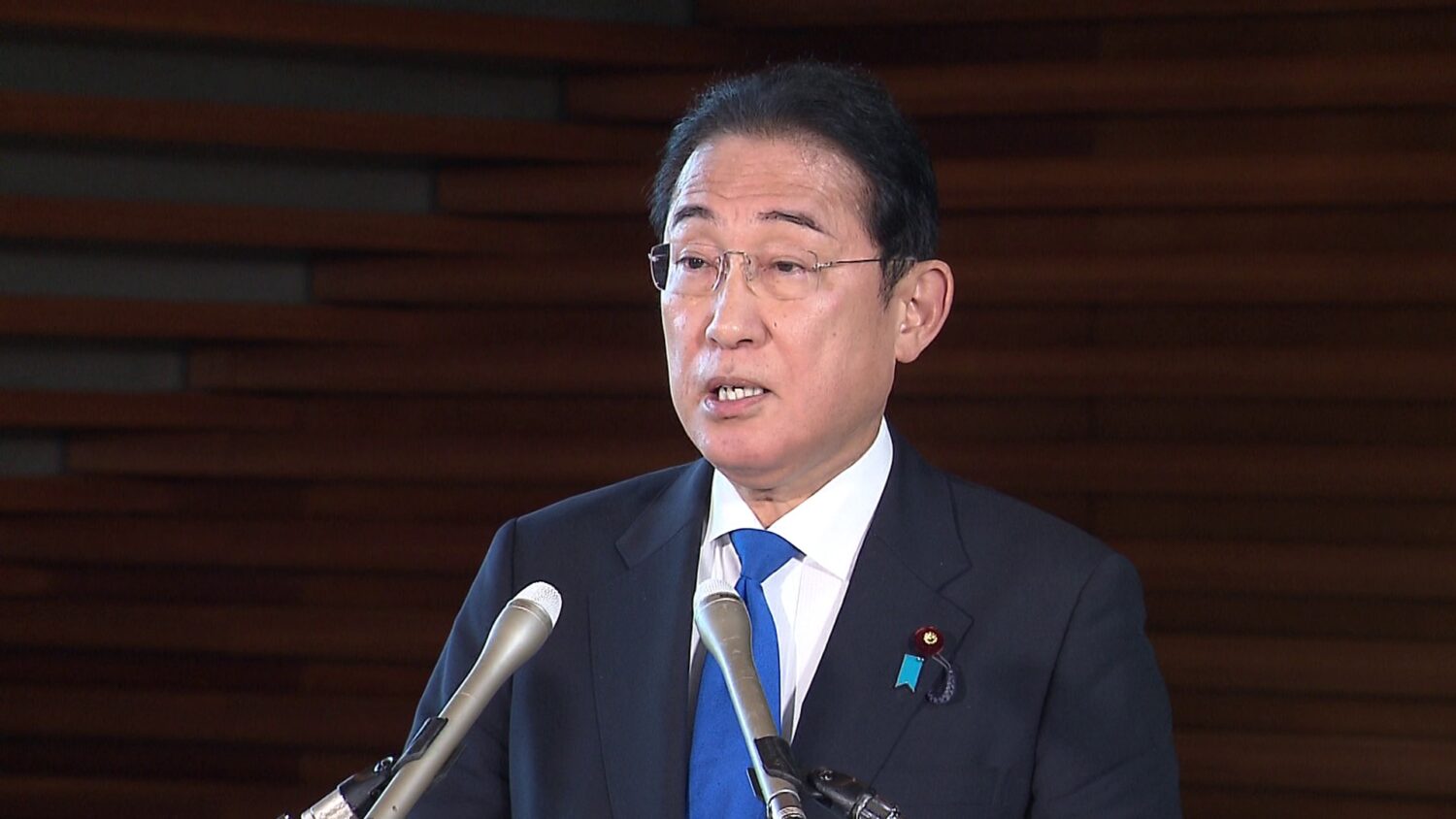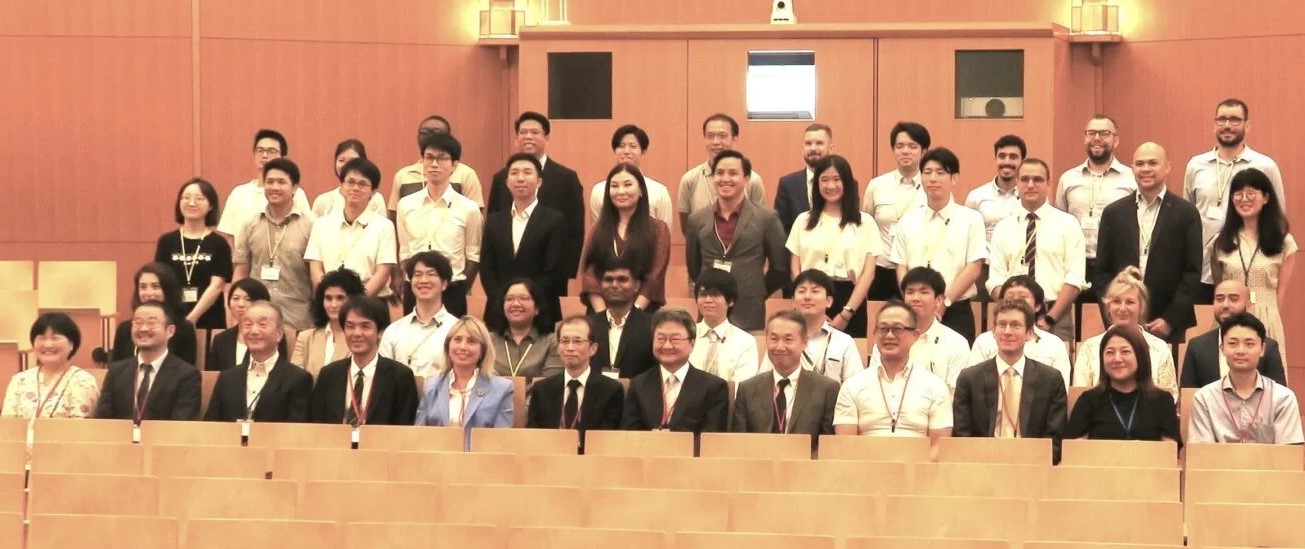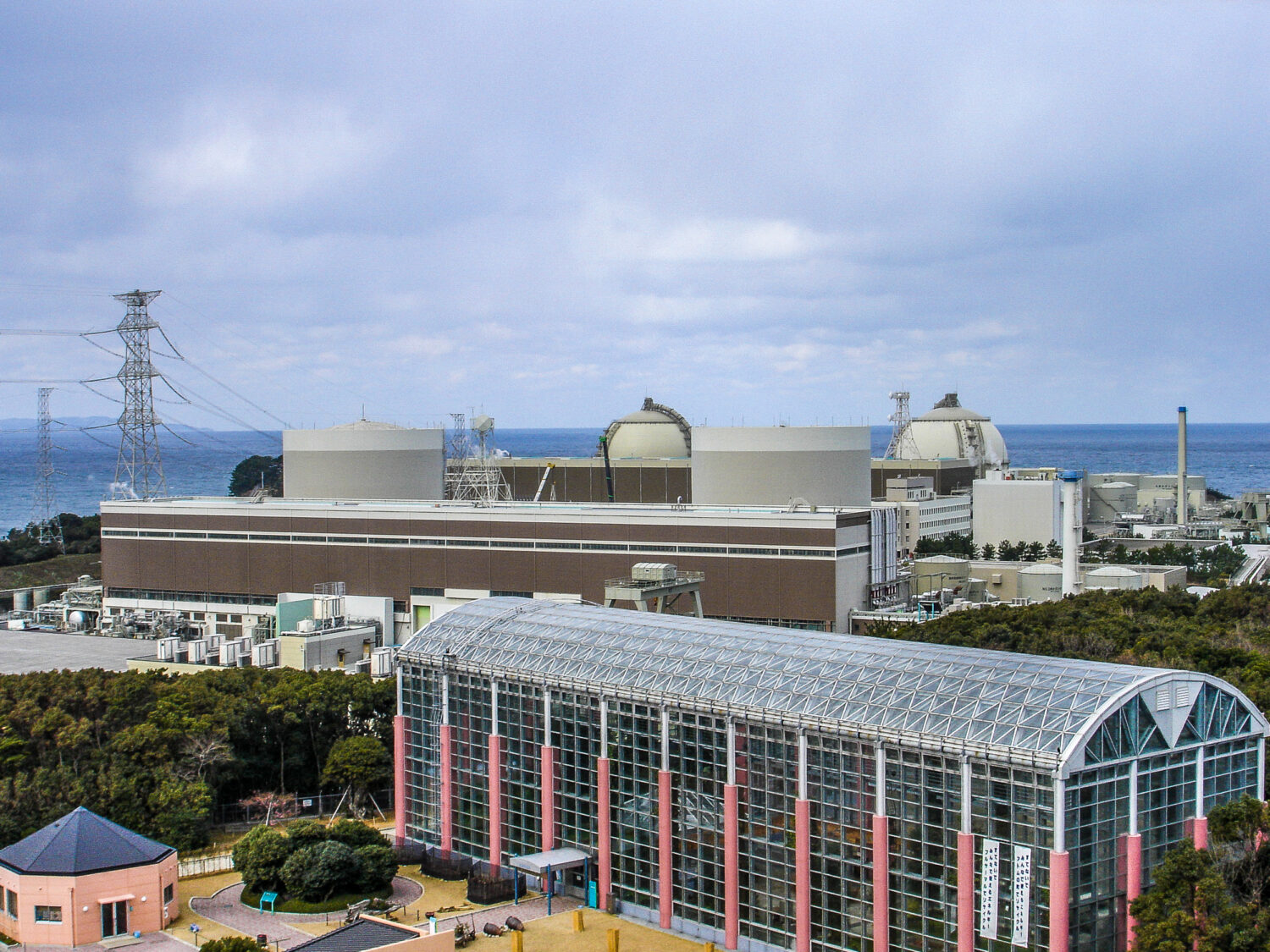Since 1959, JAIF has carried out an annual fact-finding survey of the Japanese nuclear industry, focused on nuclear power companies, in order to understand the overall state of the industry, to provide information to its member companies, relevant ministries and agencies, and to reflect the results in JAIF’s own business activities.
This latest report was issued based on responses to the survey for FY21 from 243 companies, including electric power utilities, heavy electrical machinery manufacturers, fuel manufacturers, trading firms, construction companies, and those in the service industry.
Nuclear-related expenditures by electric power utilities in Japan in FY21 declined to JPY1,764.6 billion, down by 16% from the previous year. Looking at itemized changes to nuclear-related expenditures, we see that capital investments in equipment and facilities, expenses for land, buildings and structures, and those related to operations, maintenance and repair fell substantially in comparison with the results of the previous survey. Expenditures for meeting new regulatory requirements came to JPY352.1 billion, accounting for approximately 20% of the total.
Meanwhile, nuclear-related sales by mining and manufacturing firms were JPY1,802 billion, down by 0.7%. In terms of changes by customer, sales to electric power utilities declined to JPY1,268.1 billion, down by 7%, while those to mining and manufacturing firms were JPY425.9 billion, up by 19%. Broken down by the nature of the structure, those related to existing plants declined to JPY984.6 billion, down by 11%.
Regarding business sentiment in the Japanese nuclear power industry, 68% of the respondents described their current sentiment as “bad,” 8 points more positive than the last time, although those expecting their sentiment to be better in the following fiscal year (FY22) were more than those expecting it to be worse. It was the first time in five years that the positive outlook had exceeded the negative, so that indicates a small improvement.
In response to a question about the adverse effects of current long-term suspensions of NPP operations (multiple responses permitted), 60% of the respondents pointed to difficulties in maintaining and continuing their technological capabilities, which was the highest level of such concern in recent years. As for specific effects, quite a few respondents cited declines in on-the-job training (OJT) opportunities, while the number of companies pointing to difficulties in procuring products and labor due to losses of suppliers continued to increase.
In terms of the concern for the possible effects of such developments as the withdrawal and dissolution of other companies, the most frequent answer continued to be for the availability of engineers, technicians and other workers when required from those companies. That shows that concern for human resources is building.
In this survey, more specific questions were also included about the recruiting of nuclear human resources and about interest in advanced reactors. As for recruitment, 28% of the respondents reported sufficient recruitment; 46% said that their results were 20-30% less than necessary; and 14% responded that recruitment was less than half of what was necessary, showing the reality that most companies cannot employ as many people as they desire.
As for interest in advanced reactors and the advanced reactor business, 69% of the domestic respondents and 52% of the overseas respondents expressed interest.
When asked about issues in maintaining the nuclear power industry (multiple answers permitted), the greatest portion of respondents, 83%, selected the consistent promotion of nuclear policy by the government as aa concern. That was followed, at 67%, by the early restart and stable operation of NPPs. Both were the highest percentages in recent years.
At a press conference on November 25, JAIF President ARAI Shiro talked about the results of the survey. He noted that a small improvement had been seen in business sentiment, while “nuclear-related sales by manufacturers declined because safety measures work to satisfy the new regulation standards at some electric power companies had peaked out, and because of efforts for cost reductions due to fossil fuel price increases.” He voiced his recognition that the market environment remains severe, however.



